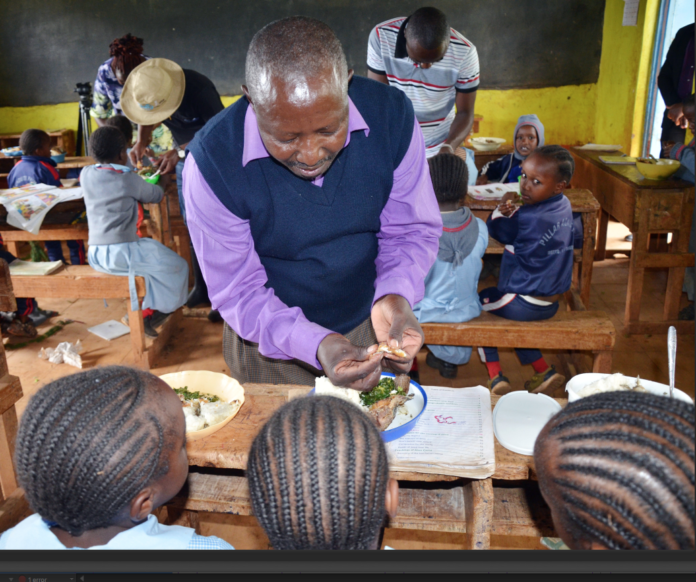The Nyeri County government has embarked on an innovative initiative aimed at promoting aquaculture among learners while simultaneously enhancing their nutrition. The campaign, aptly named “Eat More Fish,” seeks to introduce fish into the diets of students through the school feeding program, fostering an appreciation for aquaculture and its benefits.
Collaborative Efforts
Funded jointly by the county’s agriculture department, the Aquaculture Business Development Programme (ABDP), and the International Fund for Agricultural Development, the initiative is a collaborative effort aimed at improving food security and nutrition among learners. It began last year with the identification of four primary schools in Nyeri, which were provided with necessary resources such as fish pond liners, fingerlings, and fish feed.
Hands-On Learning
ABDP program coordinator, Maureen Gathigia, emphasizes the importance of engaging learners in the fish-rearing process. By involving students in activities such as feeding and caring for the fish, the initiative aims to impart practical skills and knowledge, laying the foundation for future engagement in aquaculture.
Cultivating a Fish-Eating Culture
Beyond practical skills, the initiative aims to instill a culture of fish consumption among students. By incorporating fish into school meals, children are exposed to the nutritional benefits of fish, encouraging them to diversify their diets. This shift towards fish consumption not only improves nutrition but also promotes sustainable food practices.
Overcoming Perceptions
Lazarus Mutiso, the subcounty fisheries officer, acknowledges the challenge of changing perceptions towards fish in regions where it is not a traditional staple food. However, initiatives like “Eat More Fish” are instrumental in rewriting these perceptions and promoting the benefits of fish consumption, both for health and economic sustainability.
Community Engagement and Sustainability
To ensure the sustainability of the initiative, plans are underway to support schools in setting up multiple fish ponds, ensuring a constant supply of fish. Additionally, surplus harvests may be sold to the local community, further promoting fish consumption and generating income to support the project.
Educational Impact
Headmaster James Mbatia highlights the educational benefits of the project, noting its alignment with the Competency-Based Curriculum (CBC). Beyond academic learning, students involved in the project develop practical skills and become ambassadors for fish farming, advocating for its benefits within their communities.
The “Eat More Fish” campaign in Nyeri exemplifies a holistic approach to education, nutrition, and economic empowerment, harnessing the potential of aquaculture to positively impact learners and their communities. Through collaborative efforts and hands-on learning experiences, the initiative lays the groundwork for a healthier, more sustainable future.
